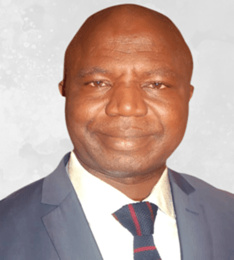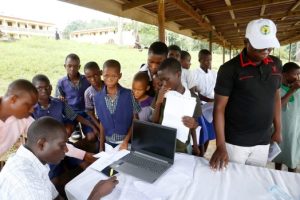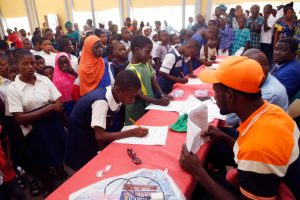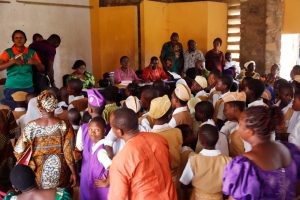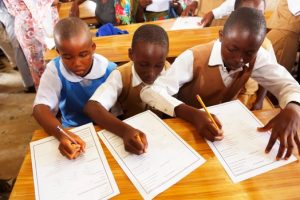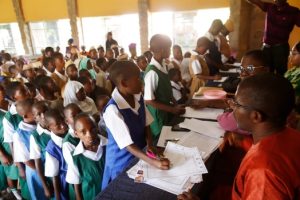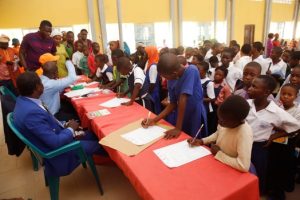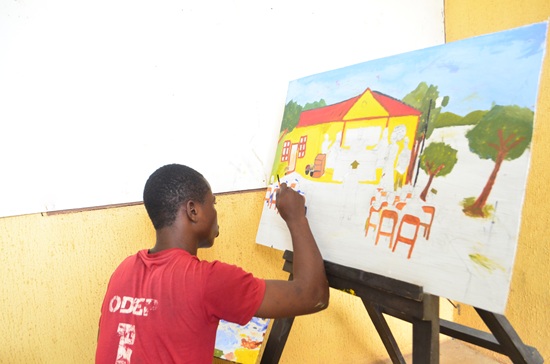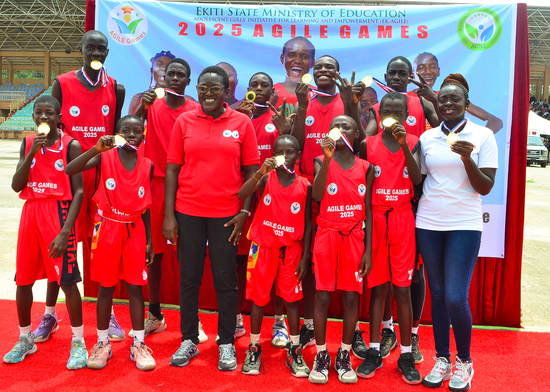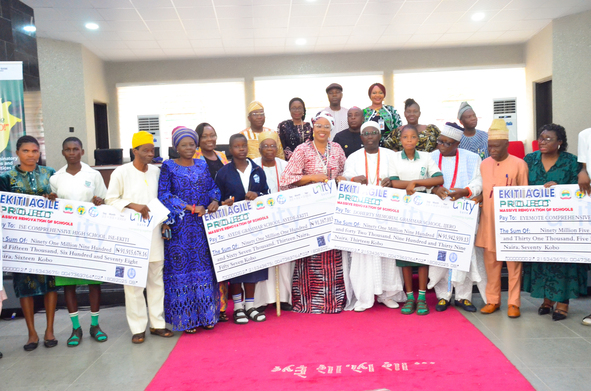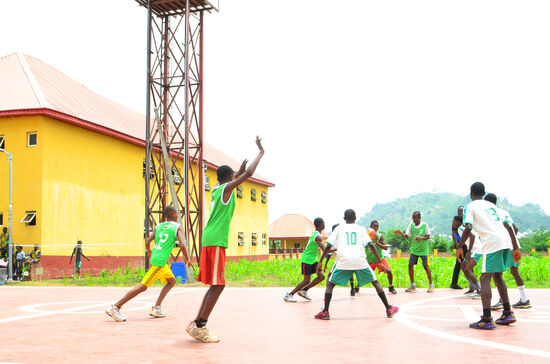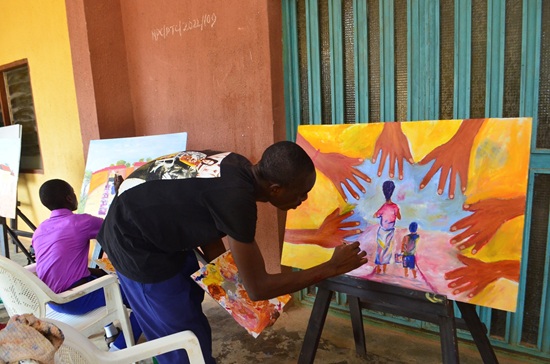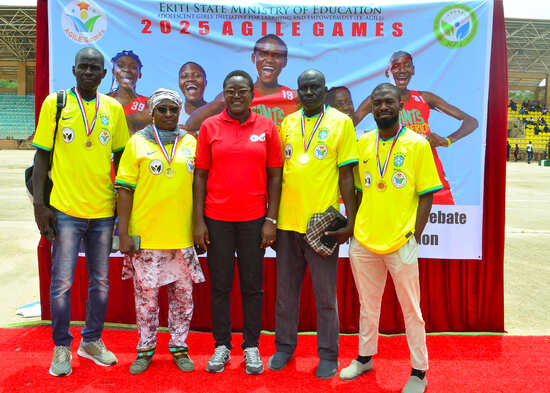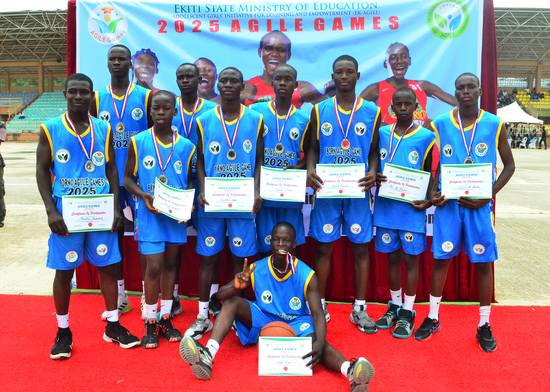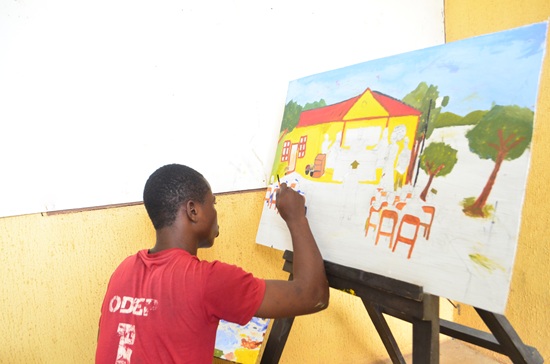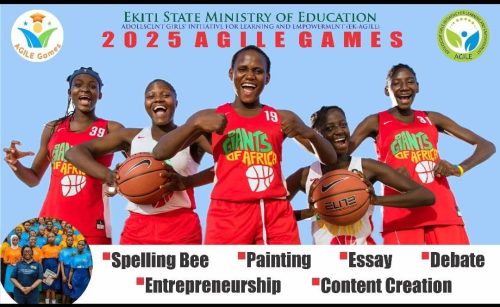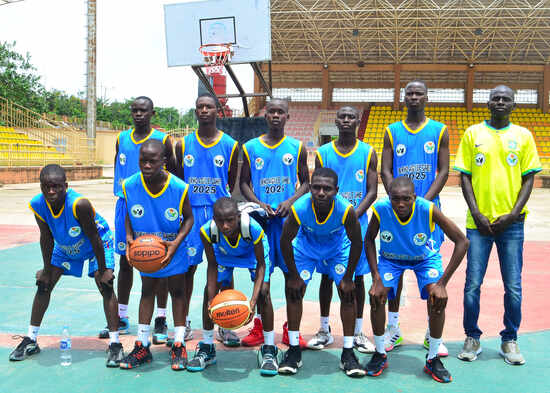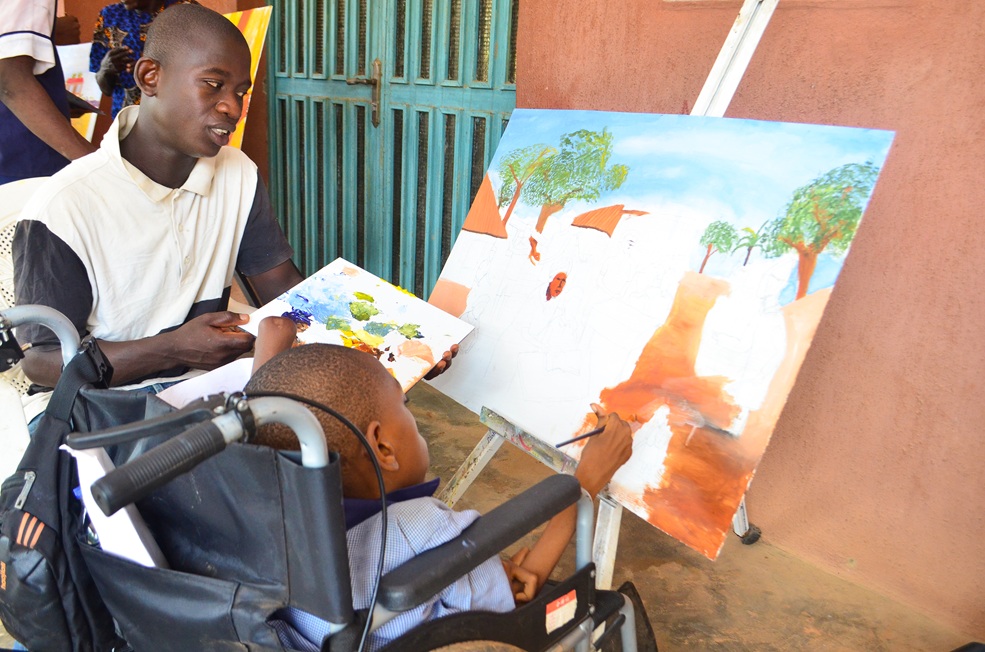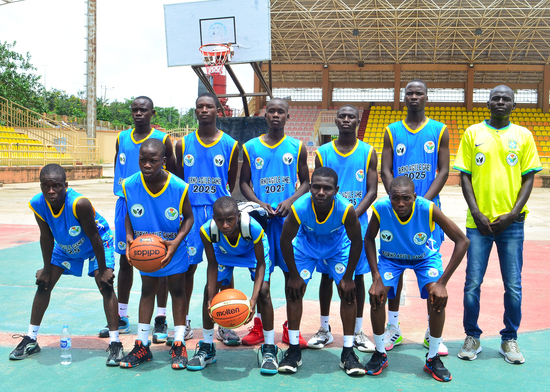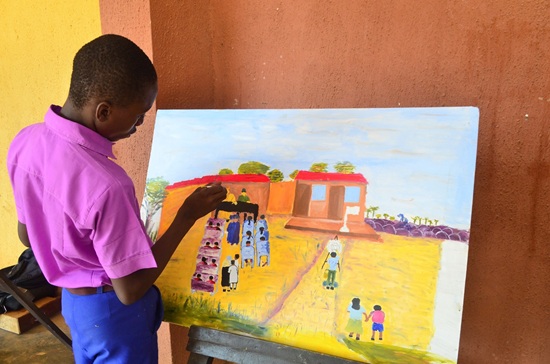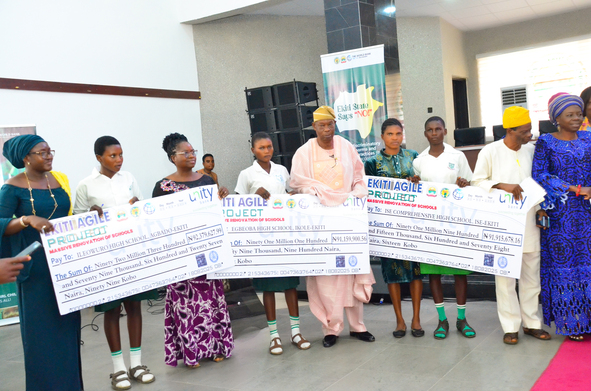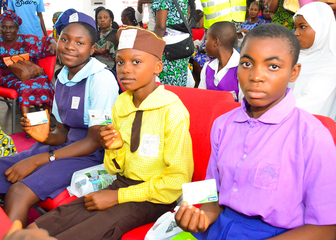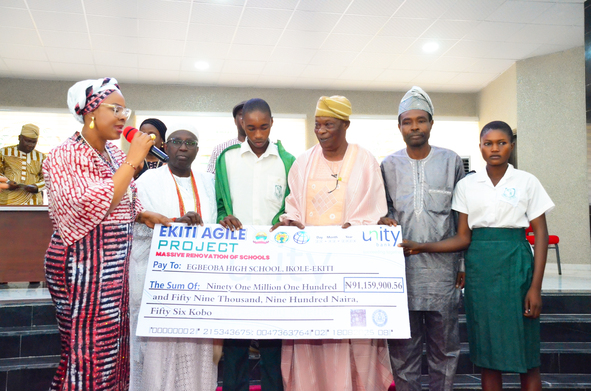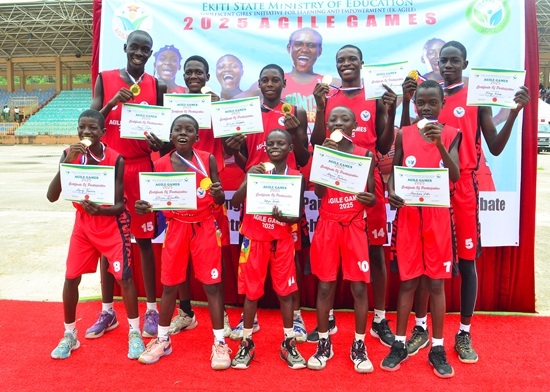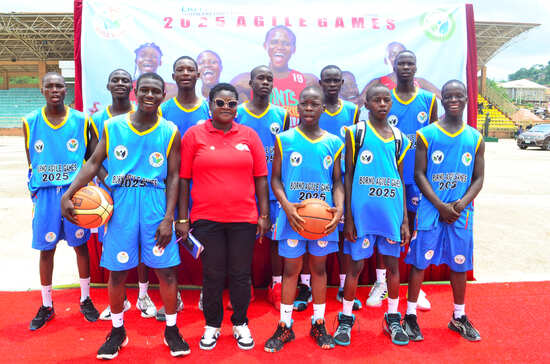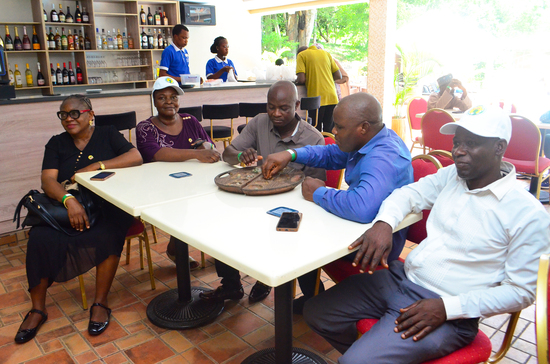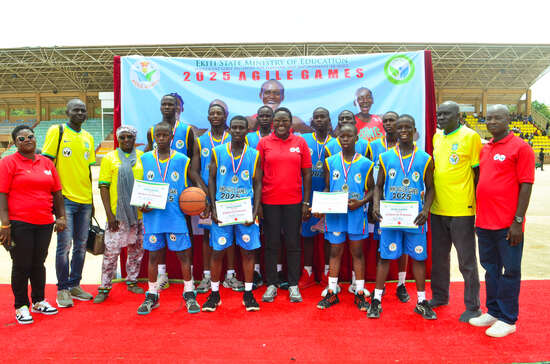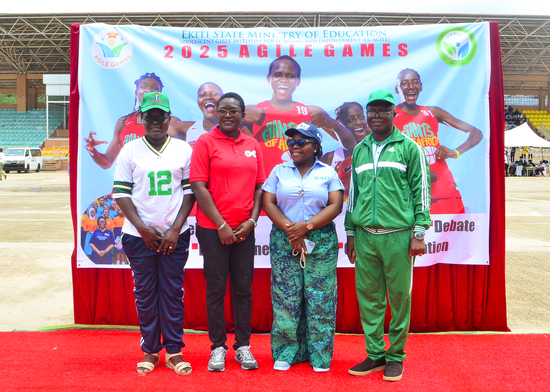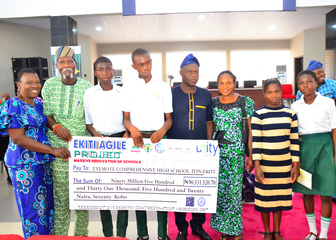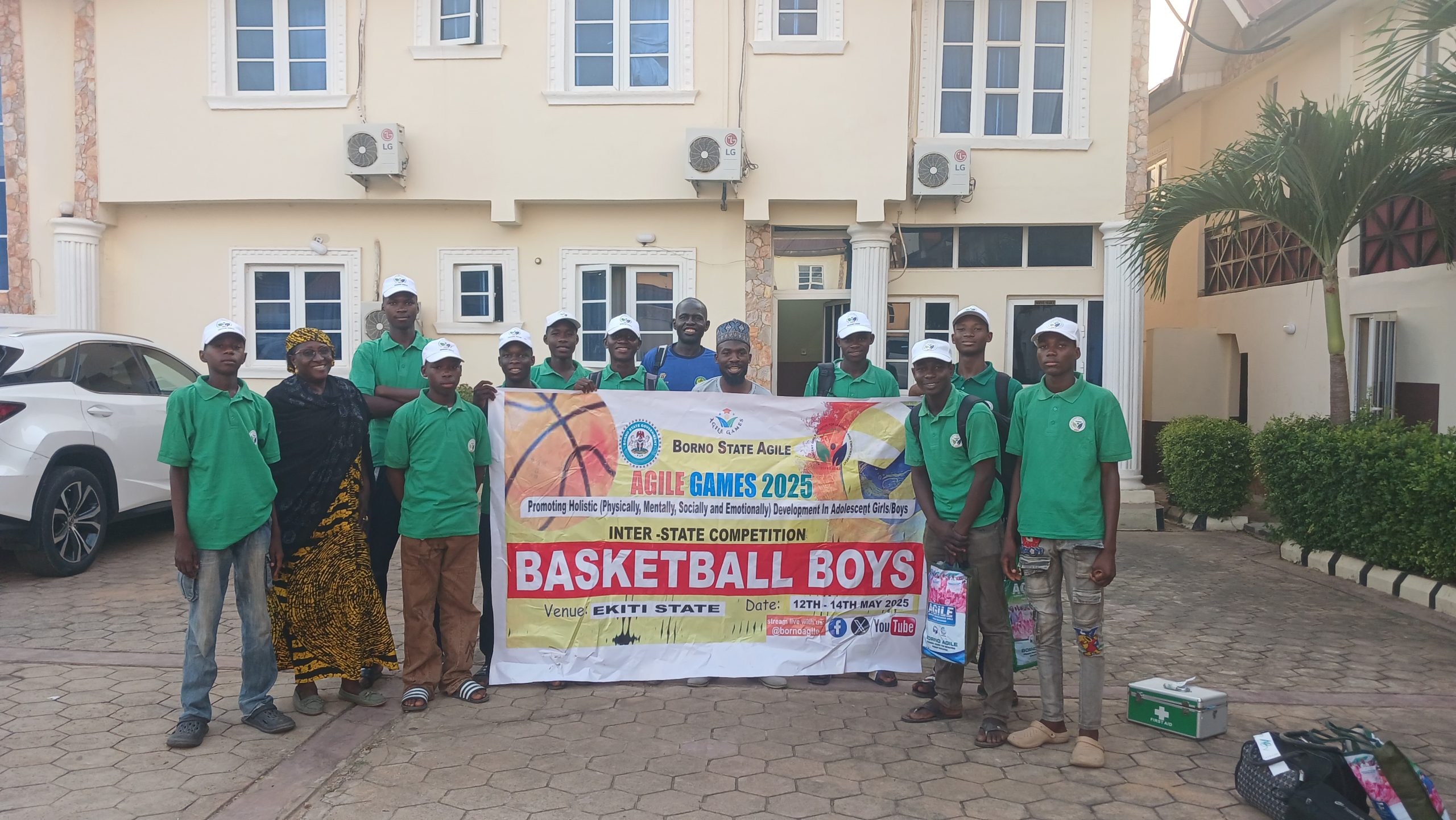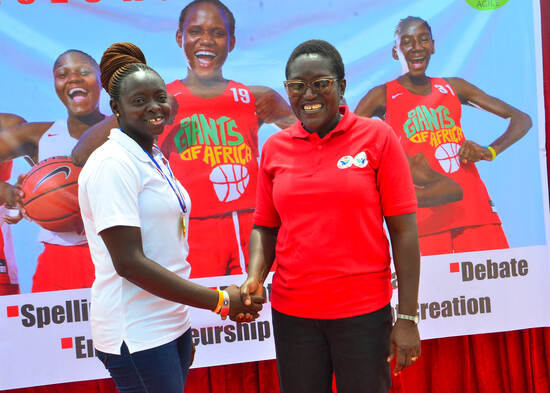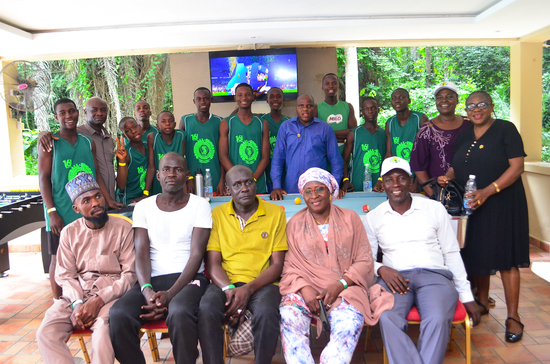About Us
In order to increase girl-child enrolment and ensure their retention and completion of secondary education, the World Bank considered it apt to introduce the Adolescent Girls’ Initiative for Learning and Empowerment (AGILE) Project. The Project’s development objective is to improve secondary education opportunities among girls in targeted areas in participating states and to ensure enrolment, transition, retention and completion of secondary school education with adequate empowerment skills for adolescent girls. The Project focuses on the human capital development for sustaining economic growth and poverty reduction through improvement in the quality, efficiency of social service delivery and gender equality. The project duration is five (5) years with effect from 2020.
AGILE
The project plays a complimentary role especially for States like Ekiti that already have in place efforts geared towards some of the objectives of AGILE. In Ekiti State, concerted efforts have been made to ensure girls go to school in all communities. such efforts include, the executive order 001 which makes primary and secondary education free and compulsory for all school age children in the State. The Keep Girls in School policy, which ensures girls are retained in school no matter the challenges. keeping girls in school supports economic growth, promotes peace and helps reduce gender equality and gender preference. When girls receive quality education, they stand the chance of having a brighter future.

Mr. 'Biodun Abayomi Oyebanji
His Excellency, Governor of Ekiti State
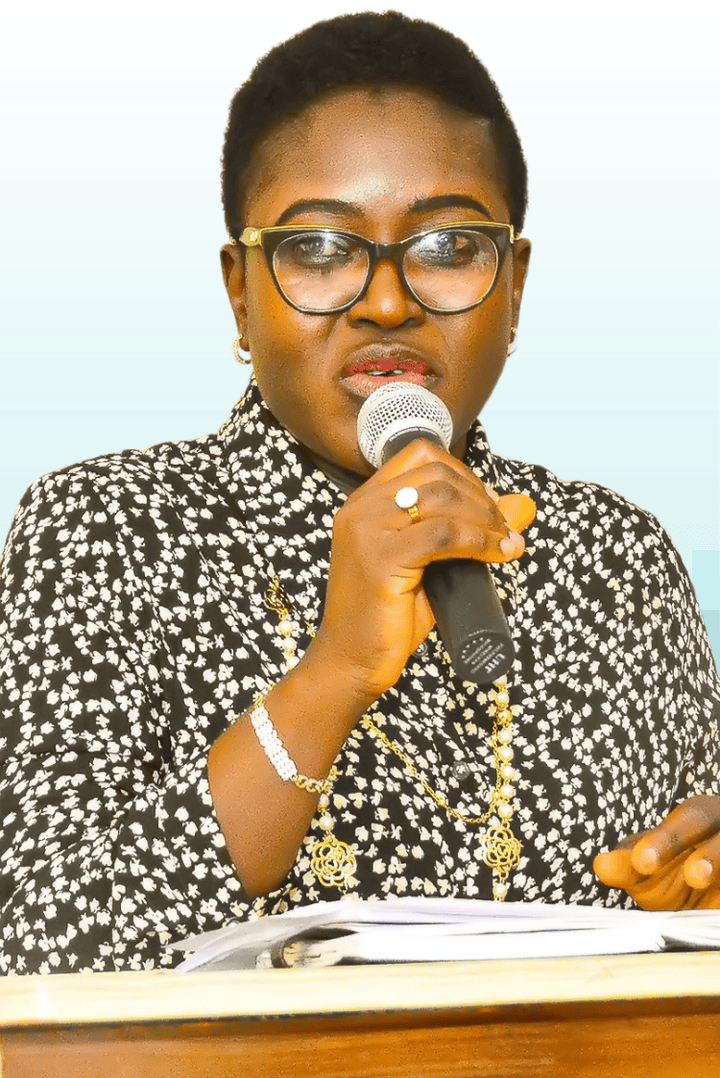
YEWANDE ADESUA
PROJECT COORDINATOR, EKITI AGILE
“It is a response to the many challenges and constraints adolescent girls face in accessing and completing secondary education.”
EKITI AGILE
EKITI ADOLESCENT GIRLS’ INITIATIVE FOR LEARNING AND EMPOWERMENT (AGILE)
AGILE project uses secondary school as a platform to empower girls through education, health education (e.g., nutrition, reproductive health), GBV awareness and prevention, digital literacy and life skills needed to successfully navigate the different stages of life, in 18 states of the federation: Kano, Kebbi, Kaduna, Katsina, Borno, Plateau and Ekiti. Others are Adamawa, Bauchi, Gombe, kogi, kwara, Niger, Nasarawa, Jigawa, Yobe, Sokoto and Zamfara
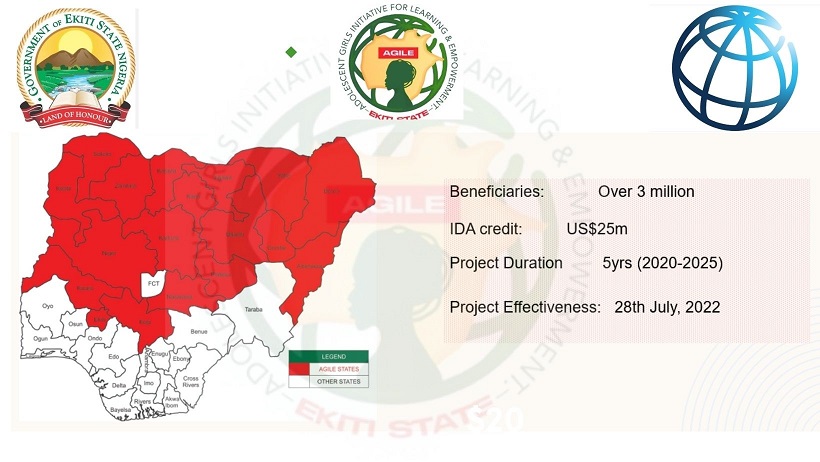
EKITI AGILE COMPONENTS
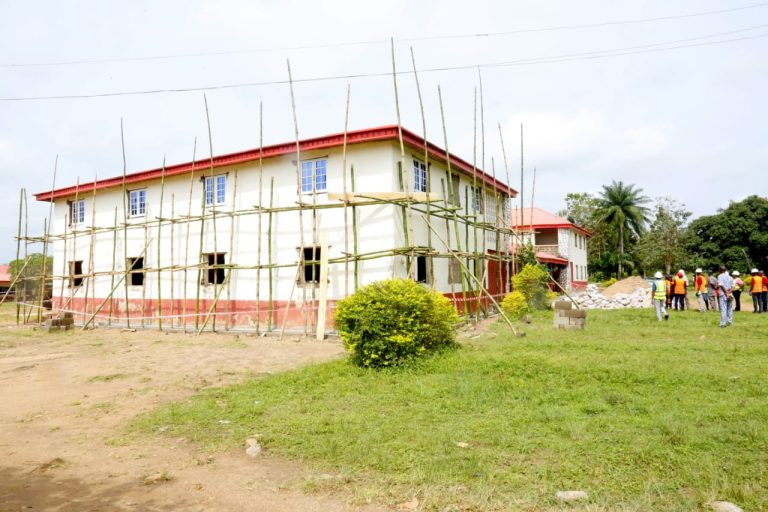
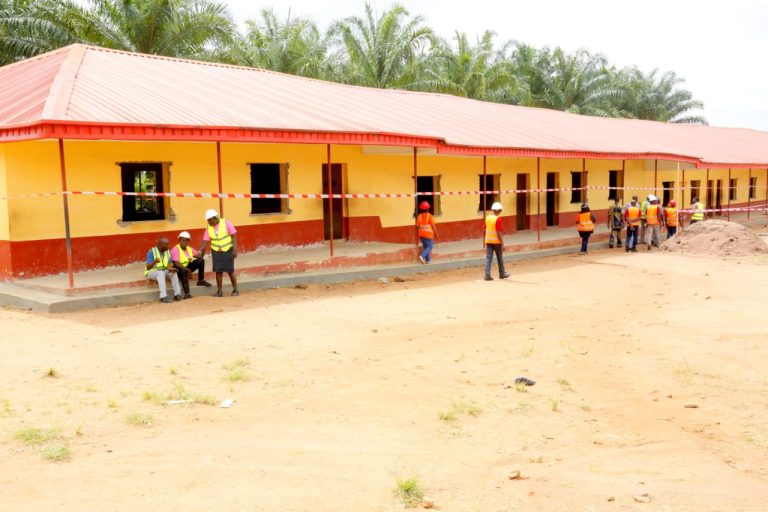

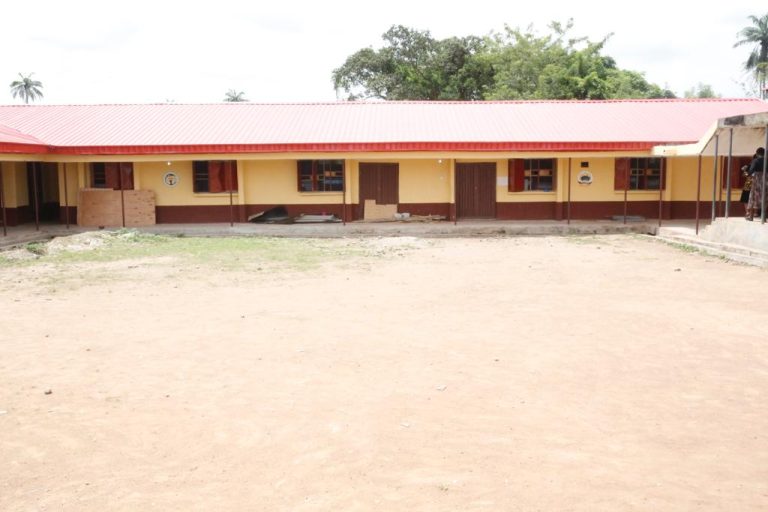
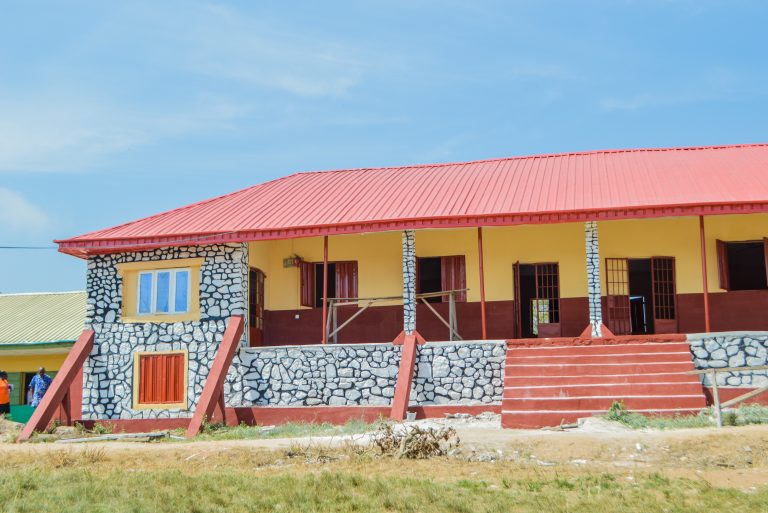
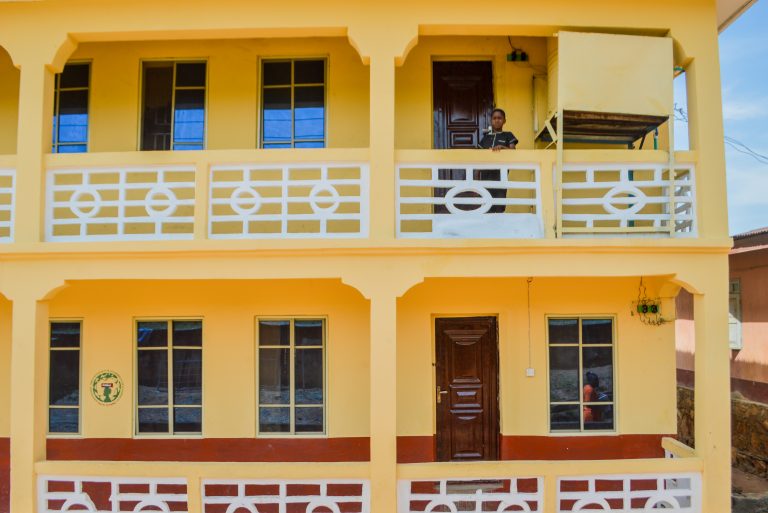
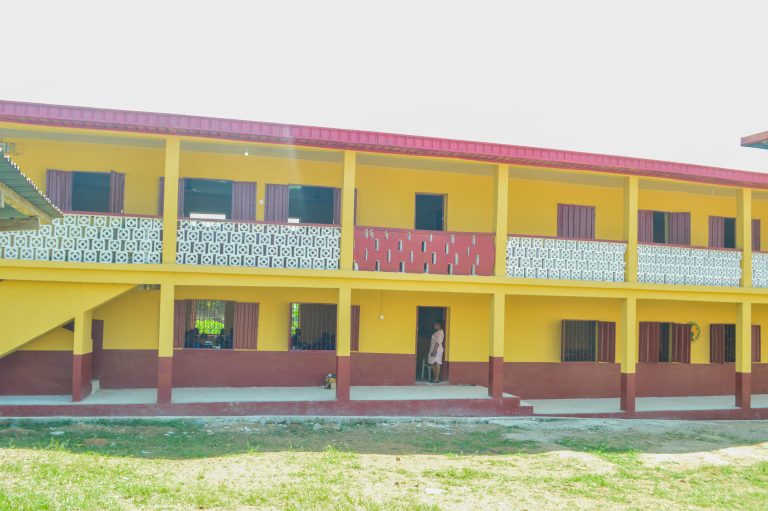
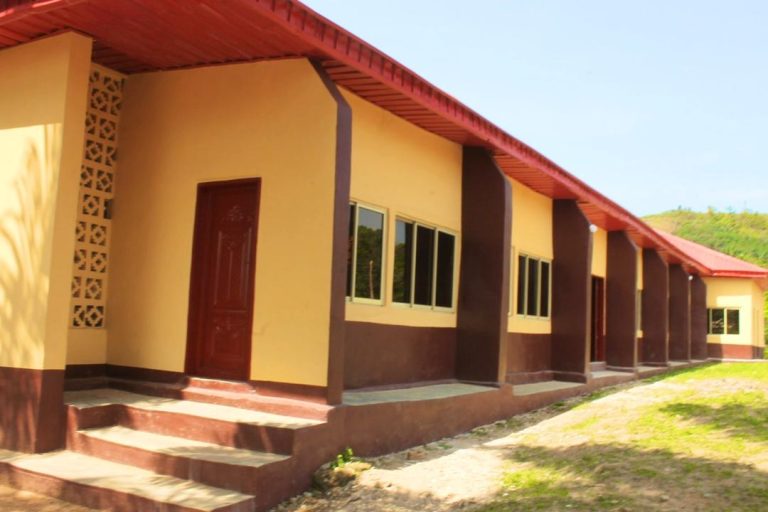
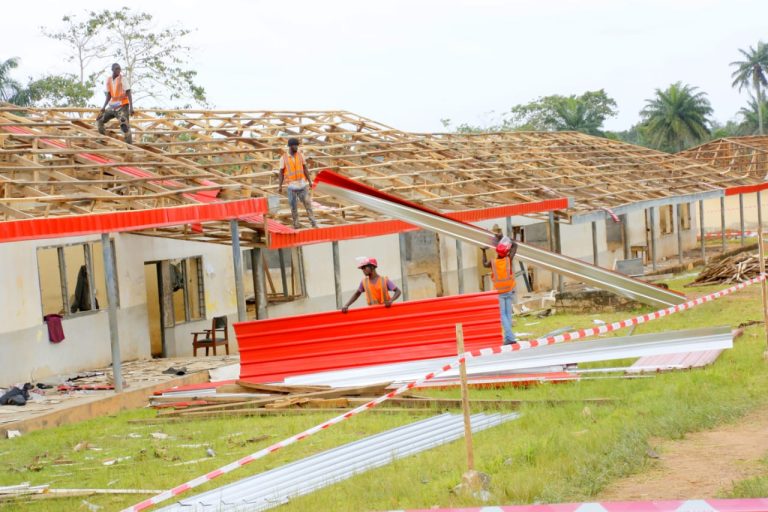
Component 1.2 :
Improving Existing Infrastructure in Secondary Schooles.
The objectives of this subcomponent are to
- Accommodate an increase in girls’ enrolment and girls’ transition to secondary schools.
- Make the school enrolment safe, accessible, inclusive and conducive to teaching and learning.
- It will provide School Improvement Grants (SIG) to improve existing infrastructure in public Secondary Schools in the State.
Activities
- Accommodate an increase in girls’ enrolment and girls’ transition to secondary schools
- Make the school enrolment safe, accessible, inclusive and conducive to teaching and learning.
- Provision of teaching and Learning Materials









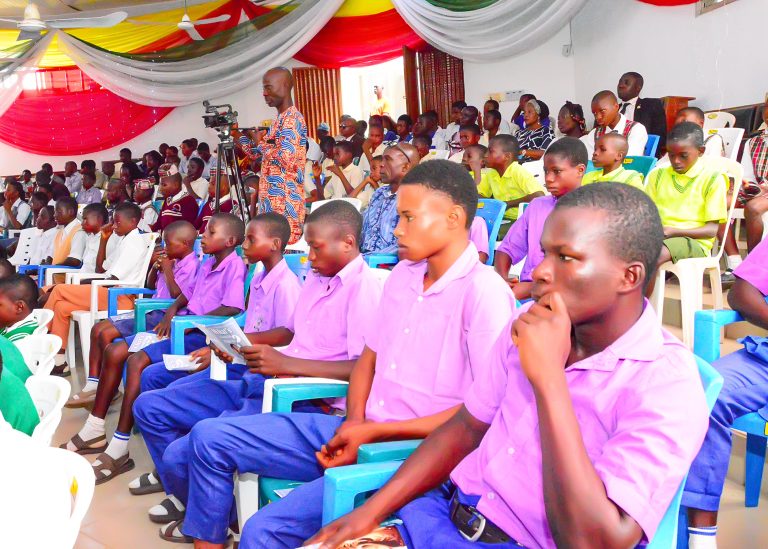
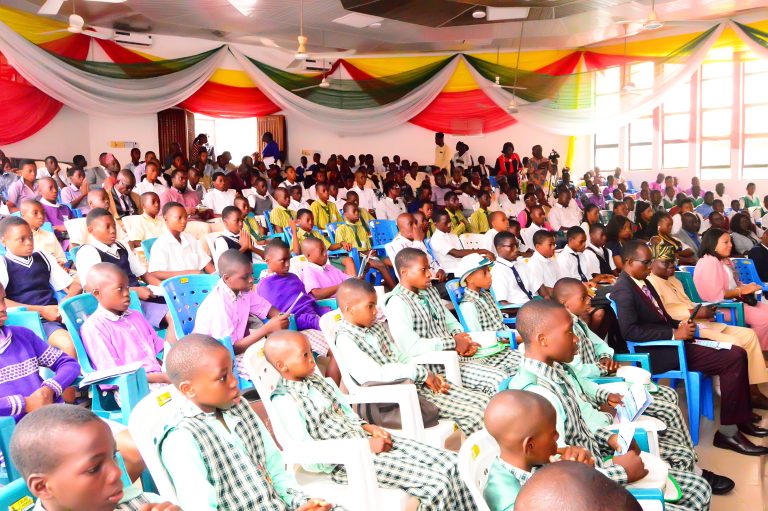
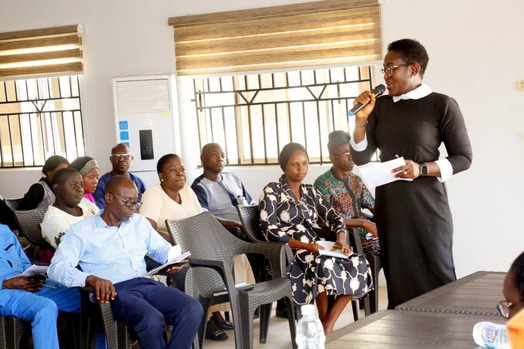

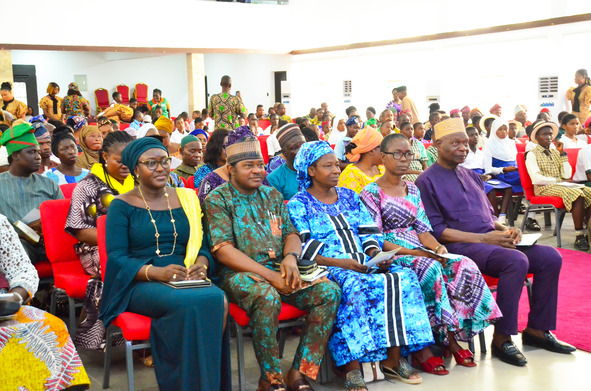
Component 2.1:
To Give Support to Girls' Education Through Empowerment Among Families, Communities and Schools.
The objectives of this subcomponent are to
- To promote a shift in social and cultural norms and perceptions which acts as barriers to girls’ schooling through communication, campaign and advocacy to promote girls’ education and empowerment.
Activities
- Engagement of Social Research Firm to conduct and carry out research on limiting factors in Girl Child education in Ekiti
- Sensitization of Stakeholders on AGILE project.
- Promoting public awareness on AGILE activities on broadcast, print and social media.
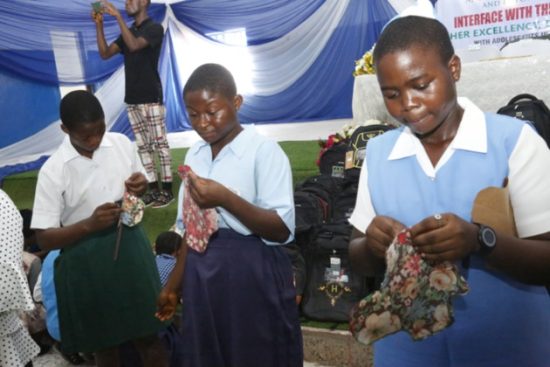
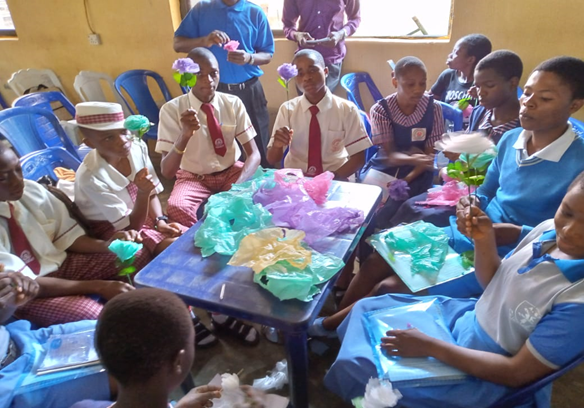
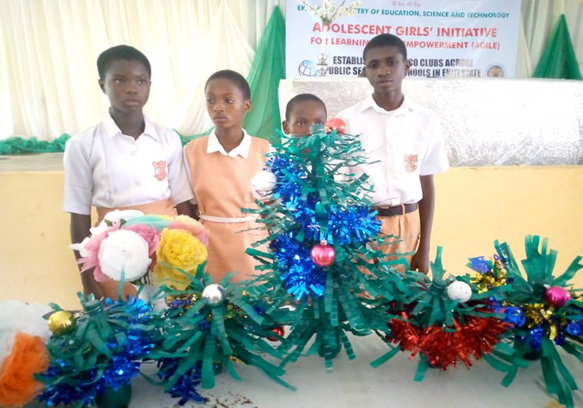
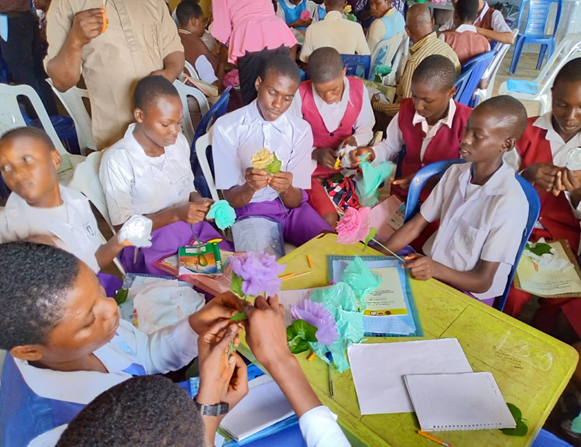
Component 2.2A:
EMPOWERING GIRLS WITH CRITICAL LIFE SKILLS AND KNOWLEDGE TO NAVIGATE ADULTHOOD
The objectives of this subcomponent are
- to empower girls with different life skill which will build the capacity and confidence of the adolescents to effectively navigate the transition to adulthood.
Activities
- Engagement of NGOs/CSOs specialist on GBV and Girl Child education for implementation of Life Skills for Safe Space across 101 Schools
- Establishment of Safe Space centres in 101 Public Secondary schools.
- Promoting public awareness on AGILE activities on broadcast, print and social media.
- Quarterly review meetings with “safe space mentors", M&E officers for review discussion and feedback on implementing safe space.
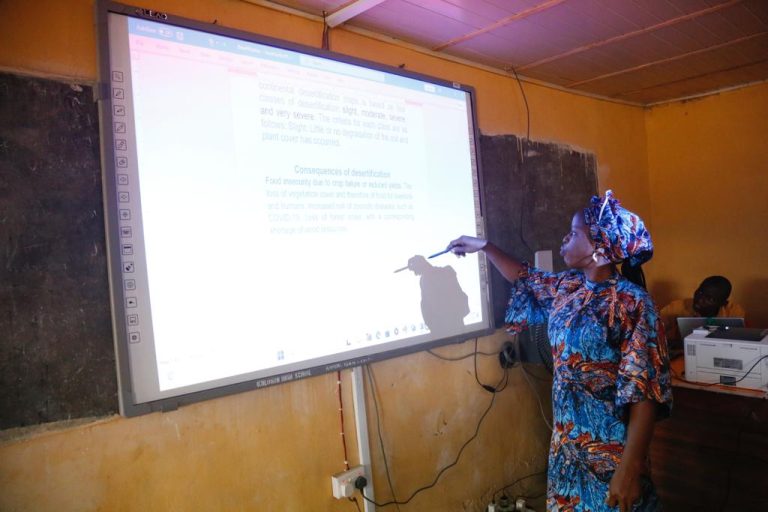
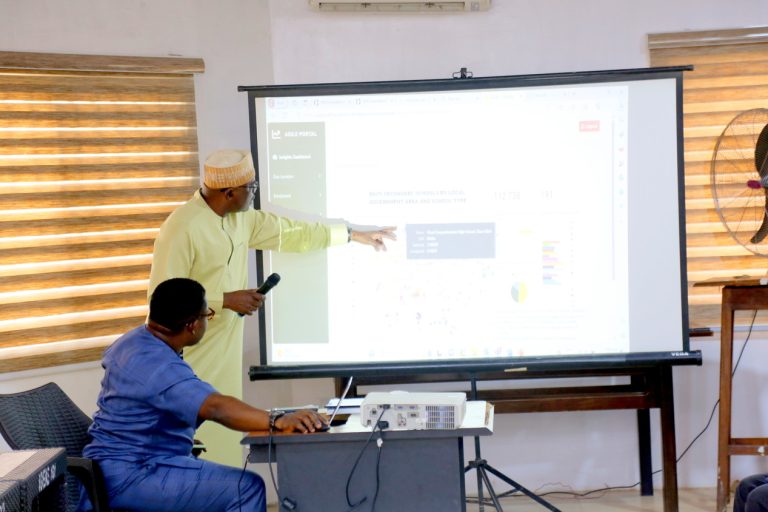
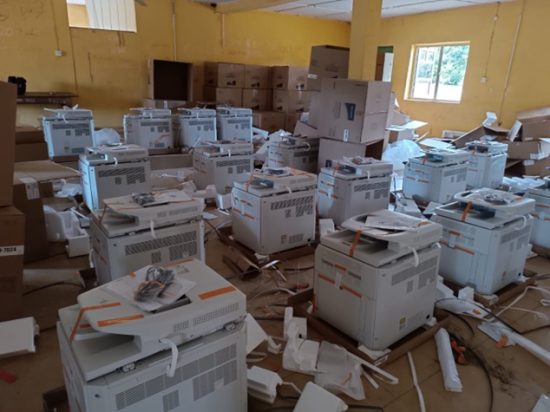
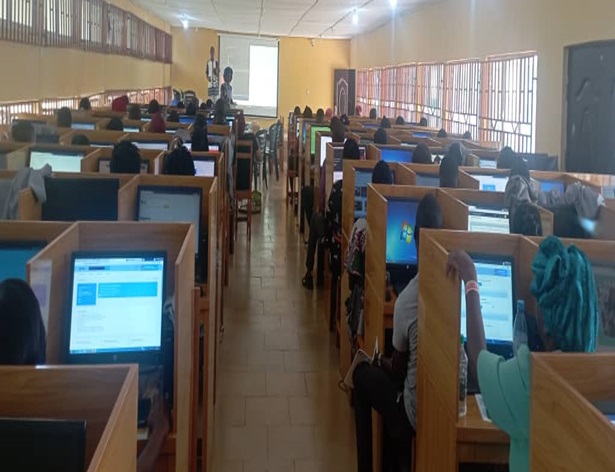
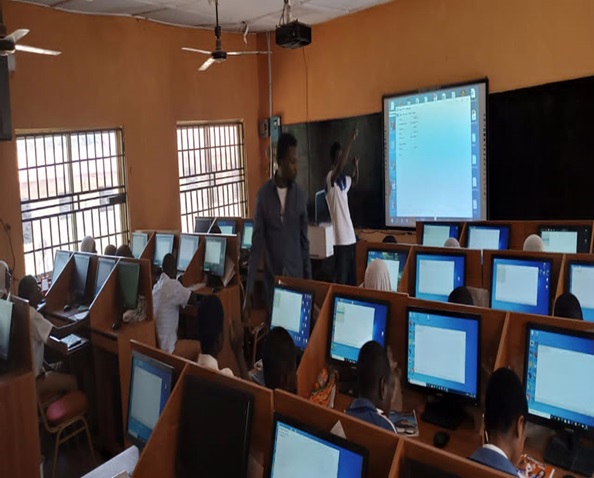
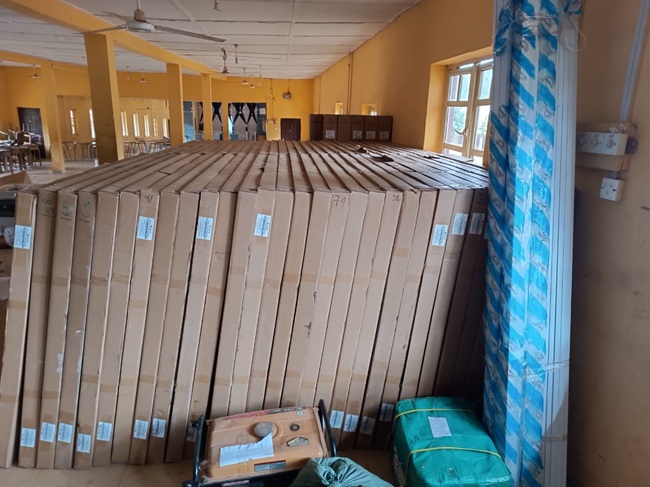
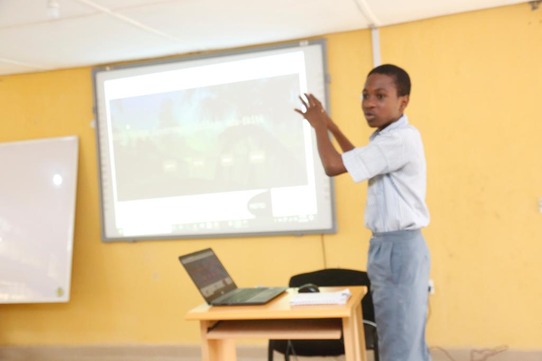
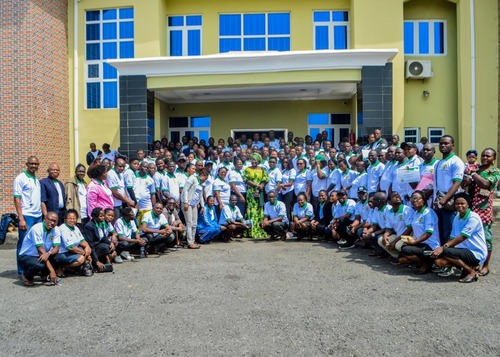
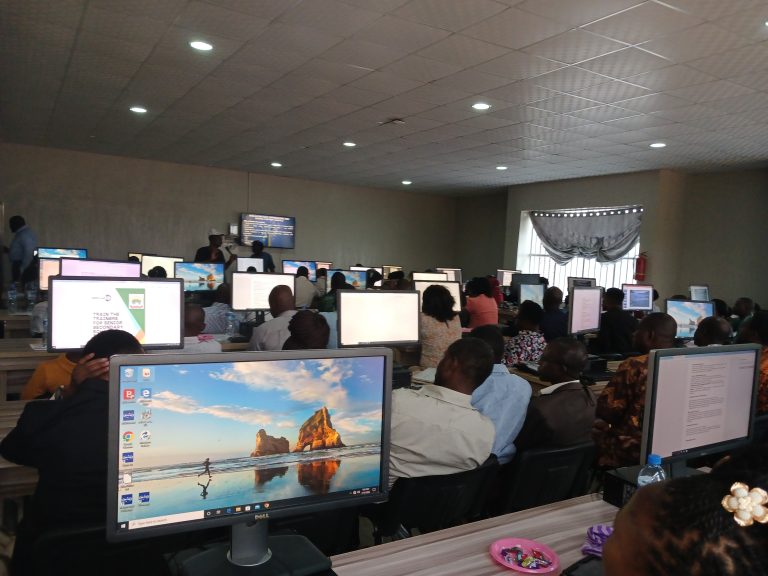
Component 2.2B
EMPOWERING GIRLS ON DIGITAL TRAINING AND REMOTE LEARNING PLATFORM
The objectives of this subcomponent is
- To support basic digital literacy training and establish a remote learning platform. Digital Literacy programs are provided for all girls and boys in the targeted senior secondary schools in Ekiti State, for the next 3 years.
Activities
- Procurement and distribution of digital devices to schools
- Training of Teachers
- Enhancing Digital literacy skills in schools.
COMPONENT 2.3: CONDITIONAL CASH TRANSFER FINANCIAL INCENTIVE
The objective of this subcomponent is to provide financial incentive to poor household
ACTIVITIES
• Disbursement of fund to cohort 1 CCT beneficiaries
• Selection and targeting of 2nd cohort beneficiaries.
• Monitoring the enrolment, and retention of beneficiaries
ACHIEVEMENT SO FAR
School Based Management Committees (SBMC) instituted in all 203 public Secondary Schools.
Training of SBMC members, Schools Principals, Chairmen and Students across the 3 Senatorial Districts in Ekiti State on Environmental/Social Safeguard and GRM & GBV issues.
Distribution of GBV Sign Posts and Policy, Complaint Boxes, Complaint Registers to all the 203 Public Secondary Schools.
Townhall meetings with Stakeholders on AGILE Activities held in 11 Local Governments: Irepodun/Ifelodun, Ekiti West, Ekiti Southwest, Ise/Orun, Moba, Oye, Ido-Osi, Efon, Ilejemeje, Gbonyin and Ikere.
Stakeholders’ Engagement on Security Risk Assessment Plan at the Three (3) Senatorial Districts.
Guidance & Counsellors and Community Mentors on Safe Space Implementation
Distribution of Sanitary Pads to female members of the GBV Club
Cascade Training on Safe Space Implementation for Guidance and Counsellors and mentors in the Local Governments.
Safe Space Roll out in 60 Schools with a total of 2202 students in attendance
Safe Space Roll out in 60 Schools with a total of 2202 students in attendance
Safe Space Roll out in 60 Schools with a total of 2202 students in attendance
Training of Students on Digital Literacy Skills .
Procurement of 910 Laptops to selected Schools.


